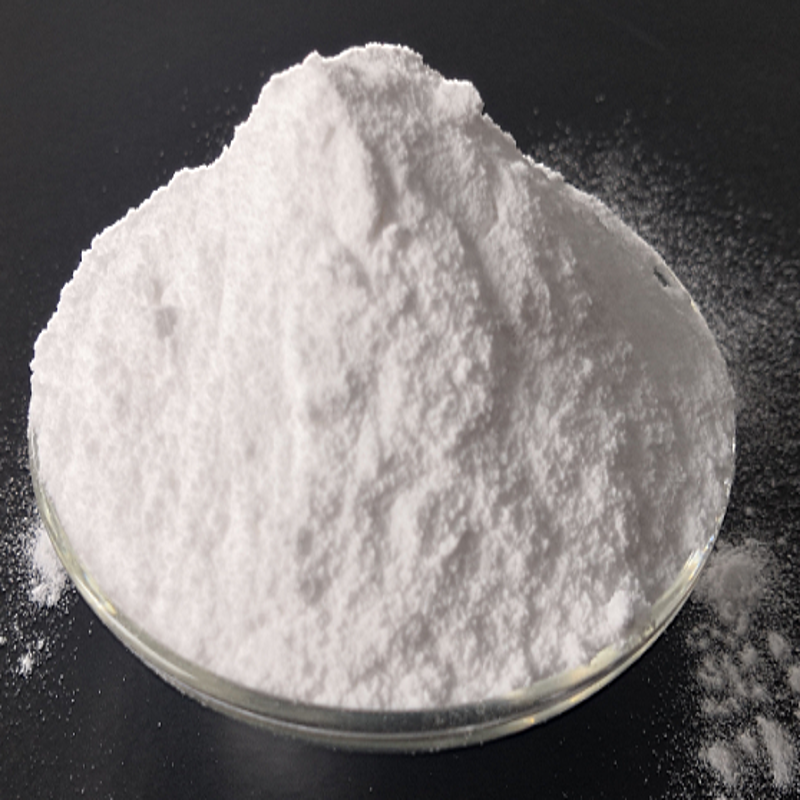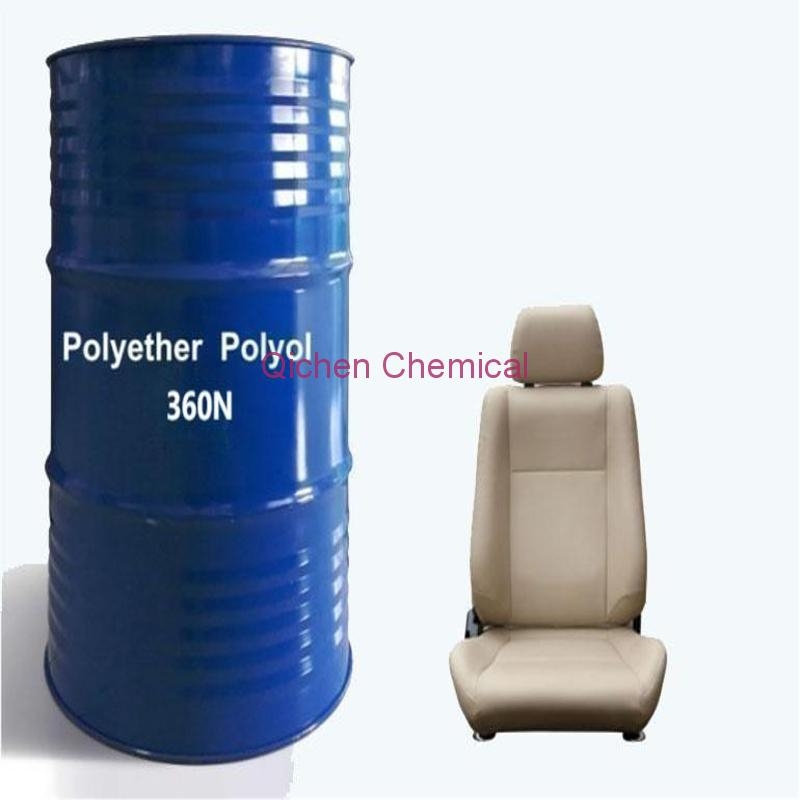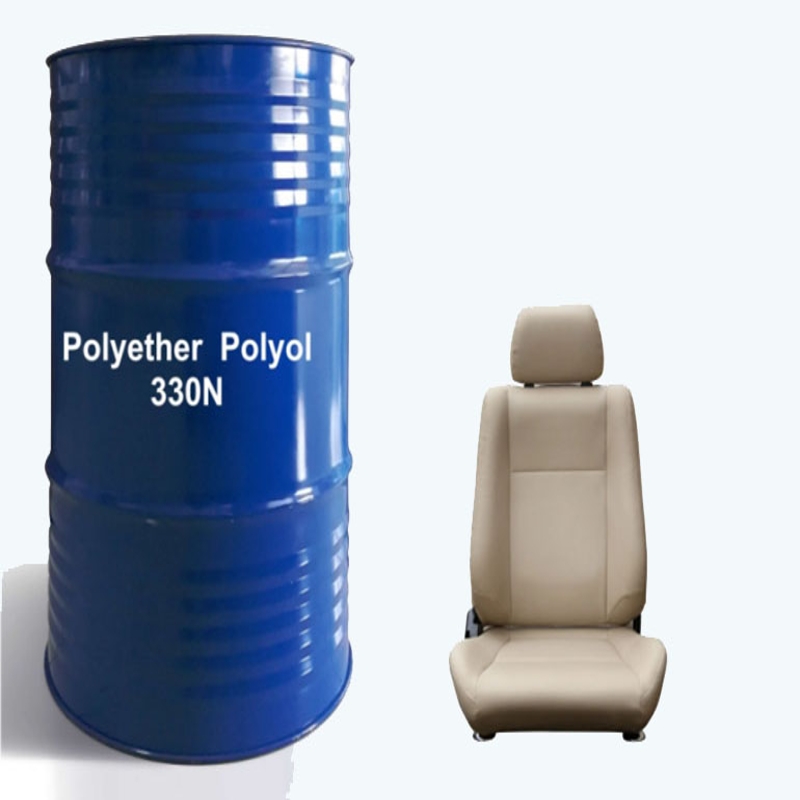-
Categories
-
Pharmaceutical Intermediates
-
Active Pharmaceutical Ingredients
-
Food Additives
- Industrial Coatings
- Agrochemicals
- Dyes and Pigments
- Surfactant
- Flavors and Fragrances
- Chemical Reagents
- Catalyst and Auxiliary
- Natural Products
- Inorganic Chemistry
-
Organic Chemistry
-
Biochemical Engineering
- Analytical Chemistry
- Cosmetic Ingredient
-
Pharmaceutical Intermediates
Promotion
ECHEMI Mall
Wholesale
Weekly Price
Exhibition
News
-
Trade Service
On April 4, 2016, ITOCHU Corporation announced that it will invest in inQs (Minato-ku, Tokyo),
an emerging company that uses artificial crystal to manufacture solar cells.
ITOCHU Corporation and Mitsubishi UFJ Trust Bank will accept a third-party distribution capital
increase.
With this investment, ITOCHU Corporation will become the second largest shareholder
after inQs' parent company, Nippon International Advanced Technology Research Institute in Minato-ku, Tokyo.
inQs uses artificial crystal (SiO2) to form solar cells, and the world's first to develop and produce two types of solar cells
: colorless transparent type and very low illumination power generation type.
Colorless transparent solar cells look like glass, so they can be used as windows that can be used to generate electricity from sunlight instead of glass windows in buildings, factories, and houses
.
In addition to windows, walls, and ceilings in facilities and homes aimed at energy self-sufficiency, inQs is also considering automotive use
.
Very low-illuminance solar cells that can generate electricity even in dimly lit rooms can be used to charge without the need for an external power source or a machine
equipped with a storage battery in the future.
inQs said it is in talks with a number of large companies about business
.
In addition to products such as smartphones and remote controls, it is also expected to be used in wireless sensor terminals
that make up sensor networks.
By installing this solar cell on the sensor terminal, it can be used
as a stand-alone terminal that does not require an external power supply.
In February 2016, inQs received the Special Award for Technology Innovation at the Japan Venture Award, a recognition system
for emerging Japanese companies established by the Japan Small and Medium Enterprise Infrastructure Development Organization.
In the future, ITOCHU Corporation will participate not only in the sales of inQs products in Japan and abroad, but also in the formulation and execution
of the overall strategy.
On April 4, 2016, ITOCHU Corporation announced that it will invest in inQs (Minato-ku, Tokyo),
an emerging company that uses artificial crystal to manufacture solar cells.
ITOCHU Corporation and Mitsubishi UFJ Trust Bank will accept a third-party distribution capital
increase.
With this investment, ITOCHU Corporation will become the second largest shareholder
after inQs' parent company, Nippon International Advanced Technology Research Institute in Minato-ku, Tokyo.
inQs uses artificial crystal (SiO2) to form solar cells, and the world's first to develop and produce two types of solar cells
: colorless transparent type and very low illumination power generation type.
Colorless transparent solar cells look like glass, so they can be used as windows that can be used to generate electricity from sunlight instead of glass windows in buildings, factories, and houses
.
In addition to windows, walls, and ceilings in facilities and homes aimed at energy self-sufficiency, inQs is also considering automotive use
.
Very low-illuminance solar cells that can generate electricity even in dimly lit rooms can be used to charge without the need for an external power source or a machine
equipped with a storage battery in the future.
inQs said it is in talks with a number of large companies about business
.
In addition to products such as smartphones and remote controls, it is also expected to be used in wireless sensor terminals
that make up sensor networks.
By installing this solar cell on the sensor terminal, it can be used
as a stand-alone terminal that does not require an external power supply.
In February 2016, inQs received the Special Award for Technology Innovation at the Japan Venture Award, a recognition system
for emerging Japanese companies established by the Japan Small and Medium Enterprise Infrastructure Development Organization.
In the future, ITOCHU Corporation will participate not only in the sales of inQs products in Japan and abroad, but also in the formulation and execution
of the overall strategy.







